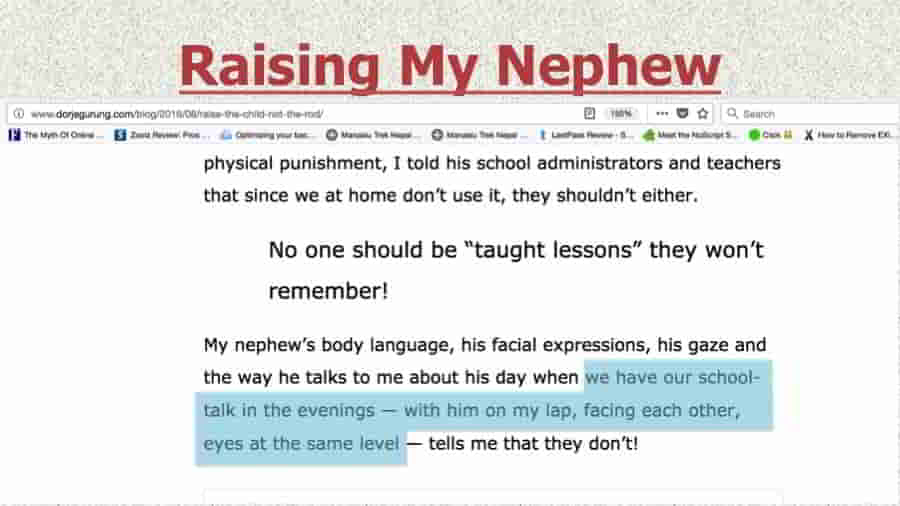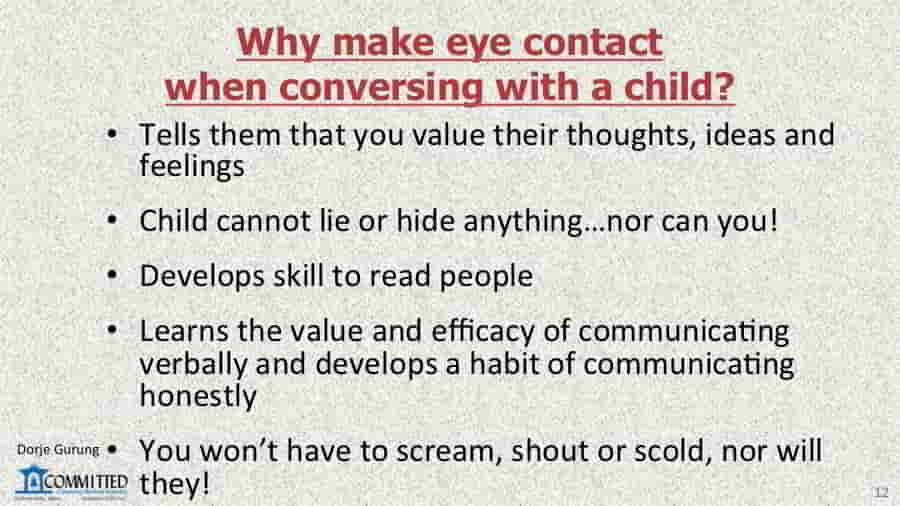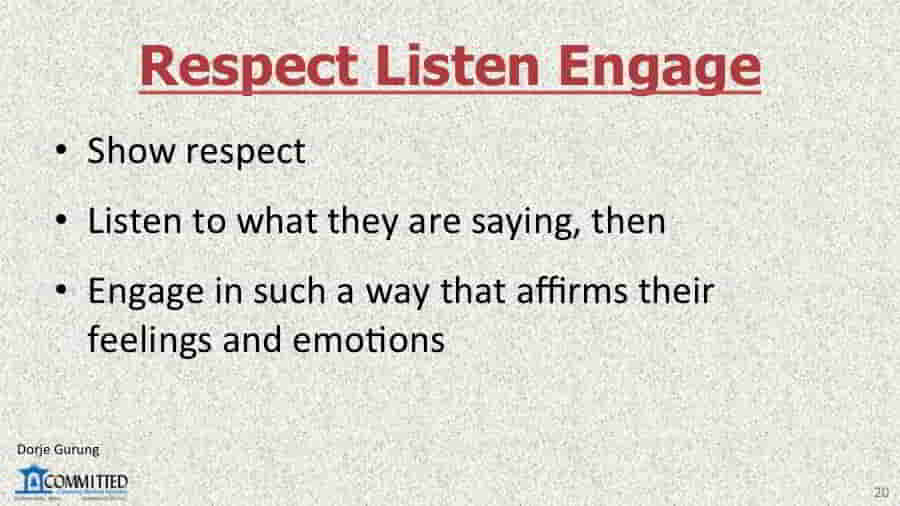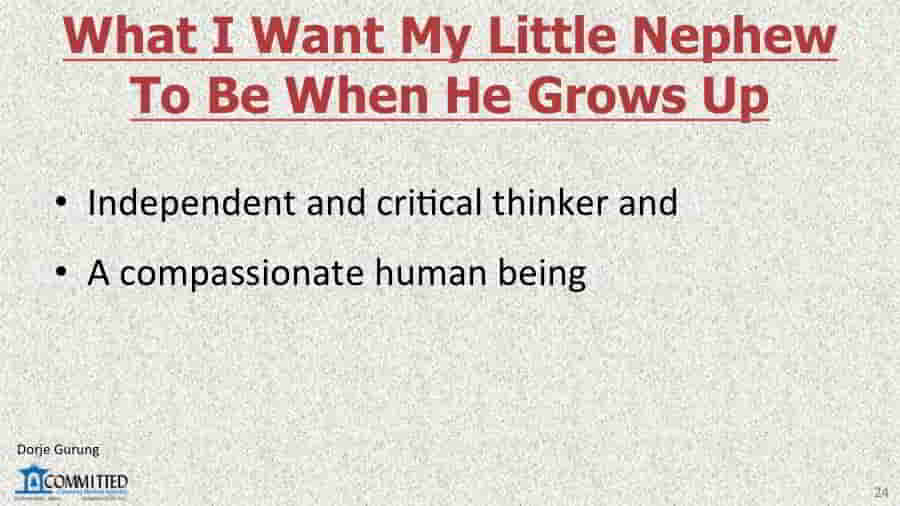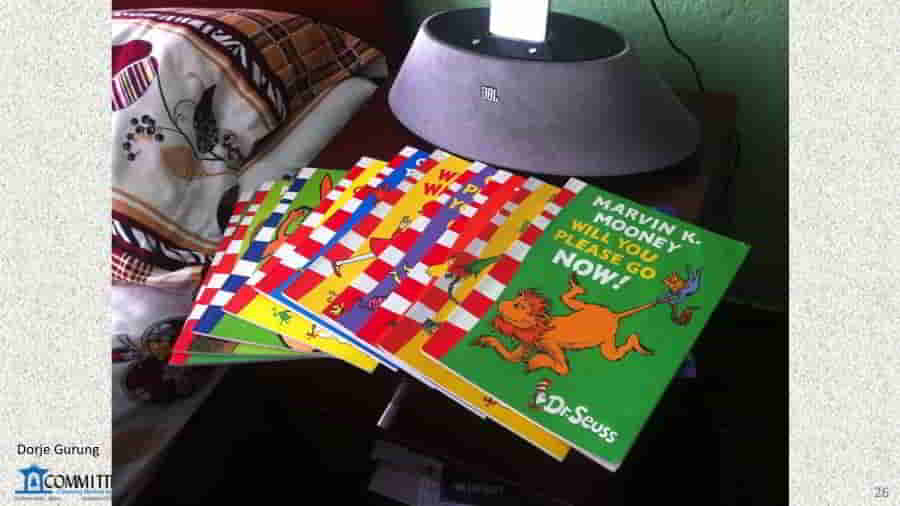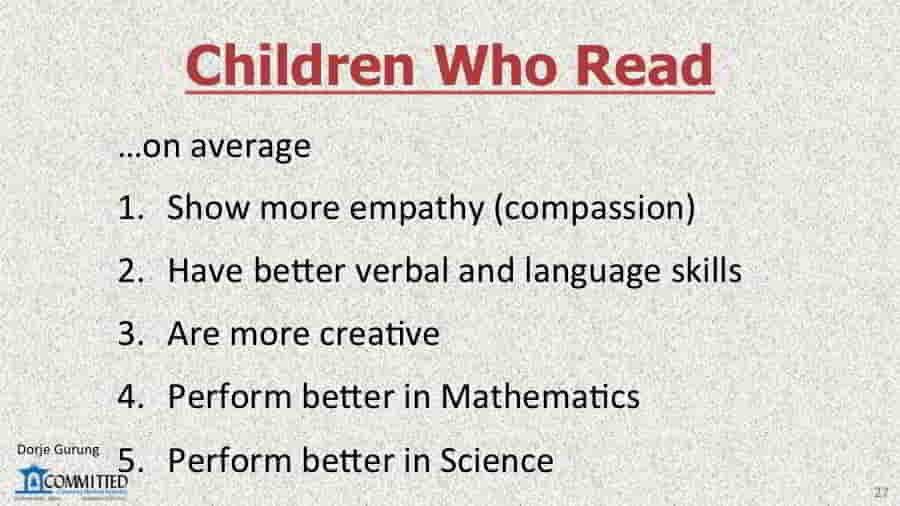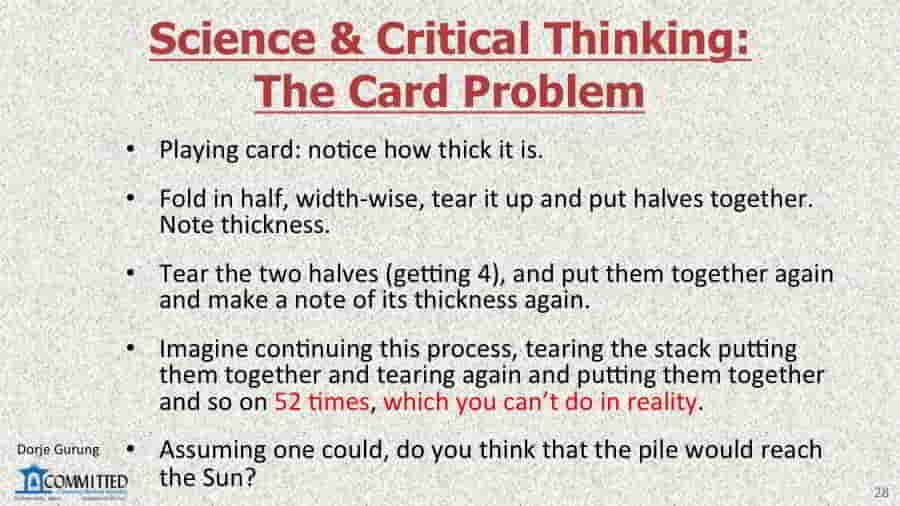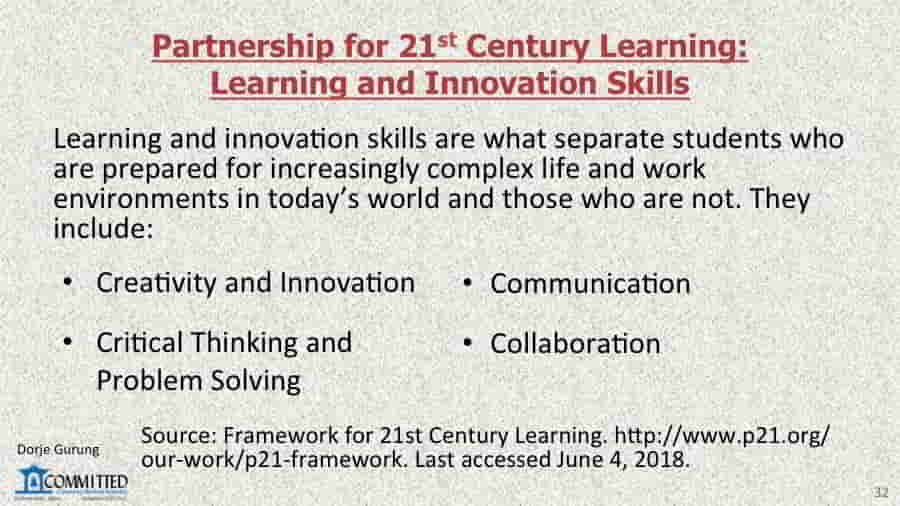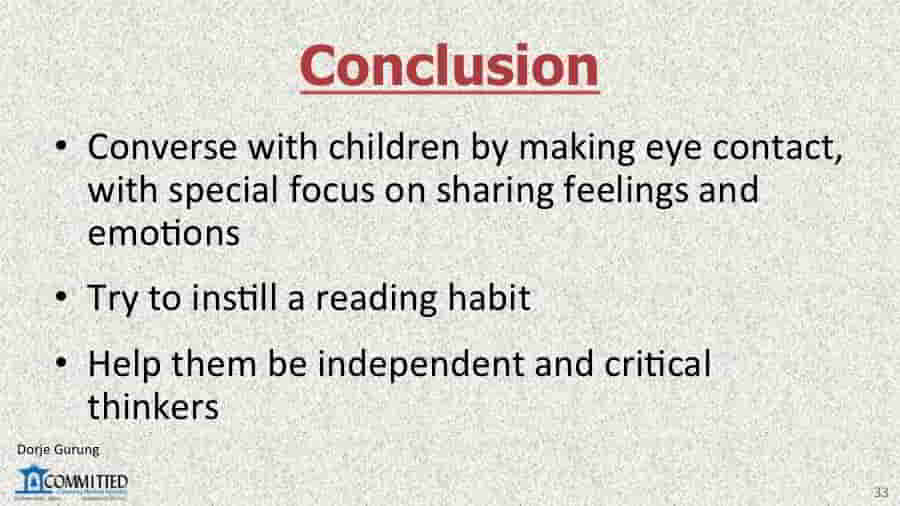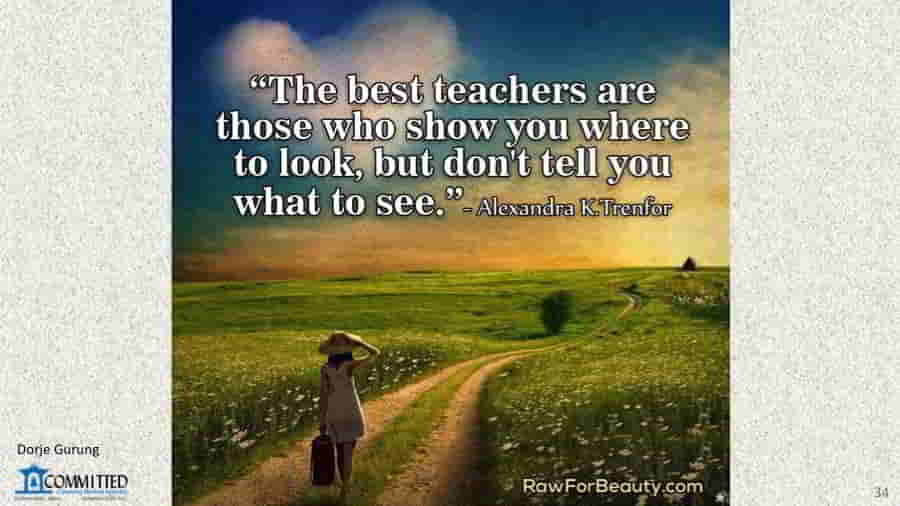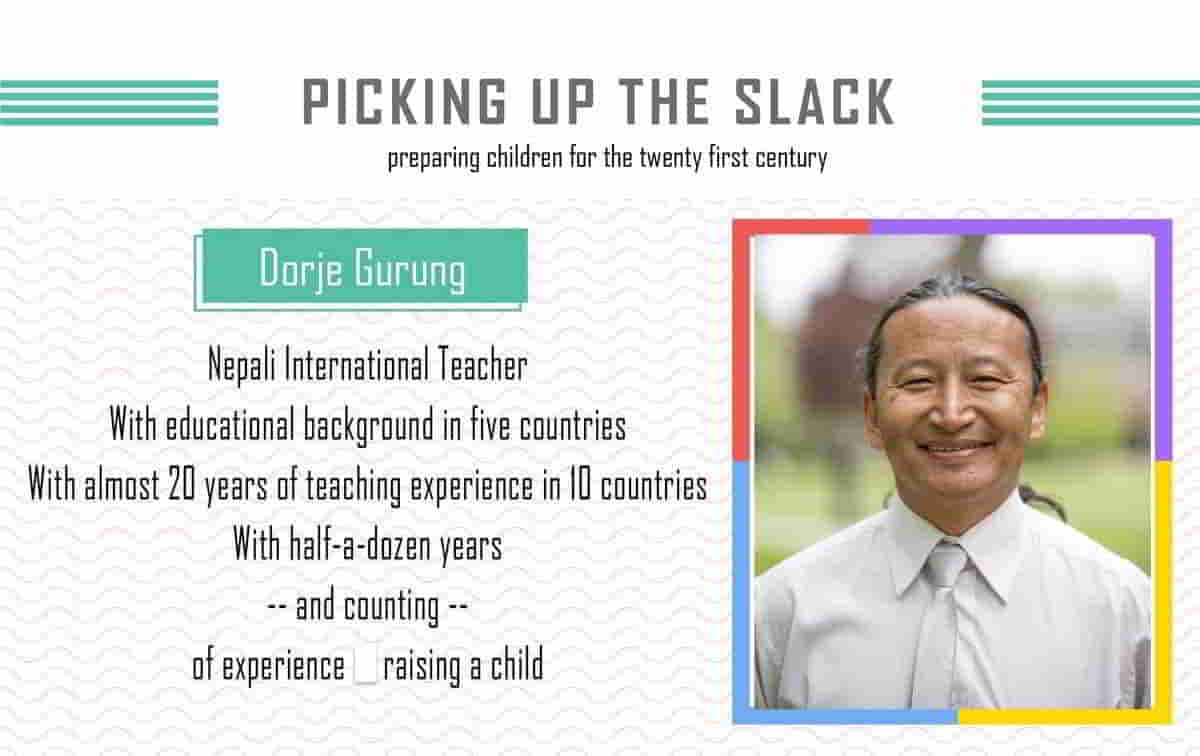
On June 9, I had an hour-and-a-half session with a little over four dozen parents from twenty-five different schools in the valley. I shared three things that were important when raising my little nephew, which aren’t part of neither our formal nor informal education systems in Nepal in general.
The following is a reproduction of the most important bits from the session.
Lessons from My Little Nephew
From when my little nephew was a toddler, I have always held him at eye level and made eye contact when speaking to him. When he started going to school I have had what I call “school talk” with him.
For that, I place him on my lap and I ask him to describe his school day. Plus, when we have serious conversations I pay very close attention, if need be, by getting down to his level, facing him and making eye contact. And there’s a very good reason for all that.
- Making eye contact during a conversation conveys to a child that they have your undivided attention BECAUSE you value their thoughts, ideas and feelings. Growing up that way – growing up with their thoughts, feelings, opinions and stories valued – they also grow up knowing THEY themselves are also valued. Validation is very important for children. It does wonders for their self-confidence.
- It’s difficult for either them or you to tell a lie or hide anything. It doesn’t take long after one has gotten into the habit of talking face-to-face looking each other in the eyes to be able to tell whether the other person is lying or hiding something.
- When you get into that habit, the child, as s/he grows up, develops the skill of interpreting subtle body languages. During a conversation, from the person’s body language, gestures, eye movements and head movements, for instance, s/he can deduce if they are hiding something.
- There is sufficient demeaning and denigrating languages and even violence used by adults against children in our homes and schools. Significant percentage of adults in Nepal control or seek to control children through fear of violence. The consequence of that in children is that they themselves become violent and they learn and adopt passive aggressive behavior among other things. However, when children grow up having conversations with adults, by making eye contact, they learn the importance and efficacy of healthy and honest conversations and exchanges to resolve conflicts, among other things.
- You will never have to scream, shout or scold a child raised this way. And they themselves will never scream, throw temper tantrums or employ avoidance tactics because they will have learned that they won’t get anything, or get anywhere, by doing so. Every time they try it, all you have to do is to tell them: “Hey, you know how we are supposed to talk to each other; I don’t hear you, and I won’t listen to you unless you come face me and talk to me.” That will suffice. I have not had to scold or scream at my nephew at all.
We Don’t But Should Share Our Feelings and Emotions
Both our formal and informal education systems do not adequately teach, or provide opportunities for, our young to express their feelings and emotions, especially the boys. As a society, we generally ignore the fact that young children are emotional beings and they have feelings. Both our informal and formal education systems do NOT acknowledge that sufficiently.
To reiterate something I said earlier, we focus a great deal on “discipline” – that is, on controlling their behaviors and teaching them to obey and follow directions! We need to acknowledge that, firstly, they are emotional beings, and, secondly, affirm their feelings and emotions when they express them — like when they are crying — and help them, teach them, to value feelings and emotions instead of scolding them or punishing them for having them.
We can raise our children in such a way that they feel comfortable sharing their feelings and emotions instead of forcing them to shutter them away in some recesses of themselves and suffer the consequences of that later in life. My theory is that, that’s exactly what happens to many boys in Nepal.
The way to make it comfortable for the child to share their feelings is something I learned observing my little nephew: you need to respect, listen and then engage with little children.
Respect: Show respect to your child for expressing their emotions by NOT scolding him/her. By NOT telling them to shut up or by NOT telling them to not cry like a baby. Or by NOT hitting them or removing them from the situation violently by yanking them by their arm because the child is annoying or embarrassing or inconveniencing you!
Instead, focus on them! Ask them why they are crying. Why they are sad. Why they are angry etc. They’ll tell you. And when they do listen, intently, purposefully, by making eye contact, preferable with your eyes at their eye level, and THEN engage.
Provide consolation, empathize. Do not belittle their feelings. Do. not. put. them. down.
Plus, when you have conversations where you make regular eye contact, as an adult you’ll be able to pick up on how the child is feeling AND you can always also encourage the child to express how s/he is feeling.
Ask them, “Are you feeling happy? Are you feeling sad?”
If you do that enough times for long enough time, they’ll learn that
- having feelings and emotions is natural and
- sharing them with their parents is ok.
Dream for My Little Nephew and What I am Doing To That End
All that my parents hoped for when they sent me to school – basically to learn to “read and write” — was quite limited because they hadn’t gone to school themselves. Apart from that, I don’t think they had much hope or dream for me, partly also because I was growing up in the seventies and eighties of Nepal when we had an autocratic ruler and someone like me from Mustang had limited options and opportunities!
I have big, big dreams for my little nephew though! No pressure on him however! 😀 😀
I want him to grow up to be an independent and critical thinker and a compassionate human being.
Nepal definitely needs more critical thinkers and compassionate people. How does one raise a child to be such? What am I doing to that end? Of course there are number of things that could be done but one that parents can do quite easily is to instill a reading habit in them.
In order to help my nephew develop a reading habit, I have been reading to him from when he was a baby. The best time to read to babies and toddlers is in bed just before bedtime, which is what I did a lot of! As a matter of fact, for a long time, my bedside table reading looked like this!
If your child is still in your womb, you can start immediately, which you should continue all through their young childhood. Yes, I realize that’s not something Nepali parents think about – reading to babies and toddlers.
I have had Nepalis tell me, “But a baby or a toddler cannot speak; what’s the point of reading to them?!” Well, it’s precisely BECAUSE they can’t speak that you should SPEAK to them and READ to them as much as you can. As a matter of fact, when you speak to them, you should speak to them as if they were an adult – in complete sentences using actual words.
The reason is that they are always processing what they see, what they taste, and they hear, what they smell etc. absorbing, learning, developing. Reading to them helps develop their verbal skills. It exposes your child to a considerably larger number of vocabularies than only speaking.
There are many educational benefits to being an avid reader.
Studies have shown many benefits, five of which are:
- Teaches about empathy (compassion) and, on average, those who read are considerably more compassionate
- On average they have considerably better verbal and language skills
- Are more creative
- On average perform better in Mathematics, and
- Science, two subject MOST students struggle in.
As a matter of fact, looking back now, I credit my reading habit with most of my successes in academics and beyond. My ability to write for instance — I blog a lot — I am pretty certain came from my reading habit. I have declared in the past that reading was my first love!
If your children are much older and in school already, it’s still not too late. I started reading only in fifth grade! Take them to libraries, buy them books as gifts, read together instead of watching TV together etc.
Critical Thinking Skills
The other thing is, as parents, apart from instilling a reading habit in your children, you can take a considerably more active role in the intellectual development and growth of your children. Engage with them in ways that challenge how they think and what they think.
What do I mean by that? Let’s start with a problem…a problem of cards.
What would you need to calculate in order to answer this question?
What additional information or data would you need to solve this problem?
Go ahead and try to solve the problem partnering with another participant.
[I gave them time to attempt the task and then discussed the solution.]
That incidentally is a problem I assigned my students. Science, when taught properly, imparts critical thinking skills. I know because, as you know, I taught the subject for a number of years abroad at the secondary level.
Here are some more examples for those parents who are keen to stretch their children.
[I shared online resources on my Science blog: Mr. Gurung’s World of Science.]
Apart from that, when it comes to critical thinking, there are a lot of materials in the media and elsewhere that many in Nepal consume without thinking or questioning, or critically examining their content or message.
[I shared some examples.]
Whenever you and your children are consuming media or materials together, make a point of getting your children to read or view them with a critical eye, to question etc. and to come to their own conclusions.
Plus, keep an eye on what your children consume as well, of course!
21st Century Learning
Now finally to Partnership for 21st Century Learning…. They have broken down education into key area referred to as “21st century student outcomes” and have created a framework showing the relationship between the different key areas. One of those student outcomes is “Learning and Innovation skills.”
What we went through today are some of the ways to help your children acquire three of those skills, apart from Collaboration. Nepali schools do not do a good job of imparting those skills.
Conclusion
In conclusion…
By no means are these the only things parents like you can do for your children to help them prepare for this century, but they will help greatly! Of course, as should have become clear by now, you are all also teachers, your children’s teachers.
So, I want to leave you with this….
References
(Added after publication of the blog.)
CBC (Sept. 12, 2018). ‘Nothing short of remarkable’: Study finds parents’ chats with their toddlers pay off 10 years later. “A study published this week in Pediatrics found that toddlers with parents who spend lots of time listening and chatting with them are more likely to have better language skills and higher IQs a decade later than youngsters left hanging in silence.” [Added on Sept. 16, 2018.]
UNL. Reach Out and Read. About the nationwide program in the US, through hospitals, which encourages mothers, especially from low socio-economic backgrounds, to read to their children. Click here to go to Reach Out and Read’s home page. [Added on Sept. 16, 2018.]
The Guardian (Oct. 12, 2018). Novel news: world’s biggest bookworms revealed in study. “Researchers reveal having more books at home when growing up, even if you don’t necessarily read more, improves educational outcomes[.]” “The study, published in the journal Social Science Research, found the number of household books at age 16 had a direct positive relationship with literacy, numeracy and IT skill in later years – independent of how much tertiary study a person did, or how often they read as an adult.”[…]”They found the positive impact was greatest for those with higher levels of disadvantage, meaning lower income families could narrow the education gap by exposing their children to more books in the house.” [Emphasis mine.] [Added Oct. 12, 2018.]
The Guardian (Sept. 16, 2013). Reading for fun improves children’s brains, study confirms. “A study of 17,000 people from birth indicates that reading for pleasure improves not just literacy, but maths ability too. And we will soon know whether the effects continue into adult life[.]” [Added on Oct. 12, 2018.]
The Guardian (May 29, 2016). Boys who live with books ‘earn more as adults’. “Italian economists find access to books can materially affect earnings compared with those who grew up with few or none[.]” [Added on Oct. 12, 2018.]

